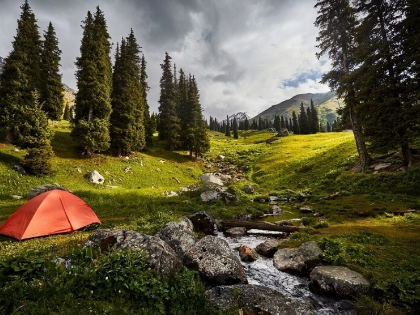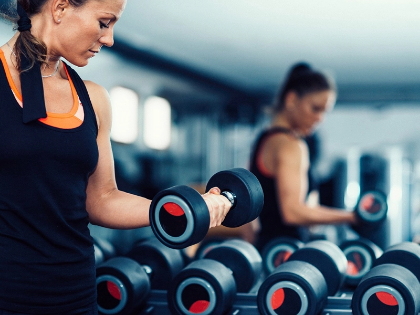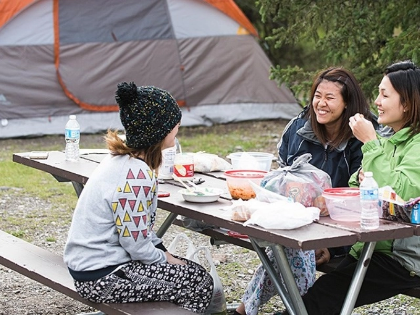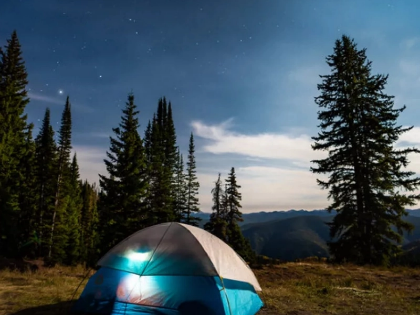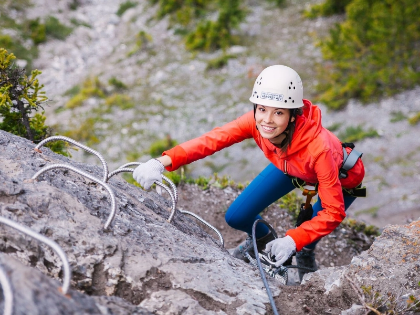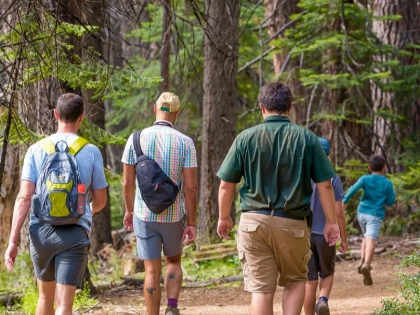The Value of Hygienic Camping
An essential component of camping is maintaining a clean campground. By getting rid of pollutants, it would not only stop the development of diseases like cholera that are transmitted by water, but it would also protect the ecosystem.
Before you go camping, make sure your sleeping bags, tent, and other gear are free of stains and crumbs. Additionally, it will aid in keeping insects and animals away from your camp.
Individual Cleanliness
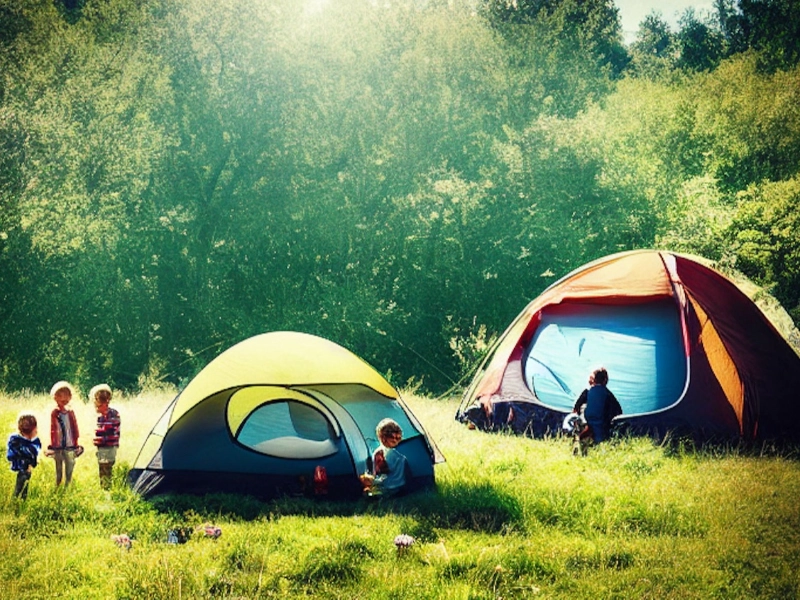
Personal cleanliness is crucial when camping since it keeps you healthy. It also enables you to lessen the ecological impact. Clean camping entails discarding waste materials like trash, food leftovers, sanitary products, and even toilet paper, as well as cleaning your clothing and equipment after each usage. Additionally, it's critical to wash your hands before making food and after using the lavatory. Make an investment in cleaning products and soaps that are beneficial to the environment.
Additionally, carry hand sanitizer in case running water isn't available. This is particularly crucial if you camp next to a river or stream since they could be the habitat of disease-causing parasites like Giardia and Cryptosporidium. Furthermore, always bury human waste away from campgrounds and water sources using a trowel.
Cookware
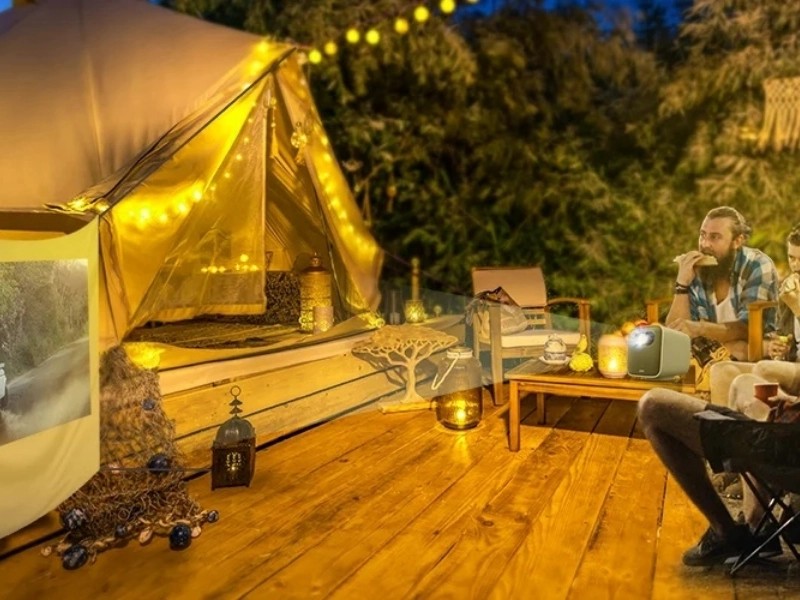
Use the facilities if you're camping at an established campground that has dishwashing stations or restrooms. If not, prepare food according to LNT principles and use buckets to wash dishes (preferably 200 feet or more away from trails, campgrounds, or water sources). Then, spread out the soapy water to avoid having an adverse effect on the ecosystem.
Bring reusable cups and plates if you can, along with a set of utensils that you can fold into your pocket or tuck into the corner of your backpack for storage. You'll reduce waste and the amount of crumbs that attract wildlife by doing this.
Make sure you tidy up your campsite to remove any leftover rubbish before you depart from it. Not only will this help other campers, but it will also benefit Mother Nature!
Trash Removal
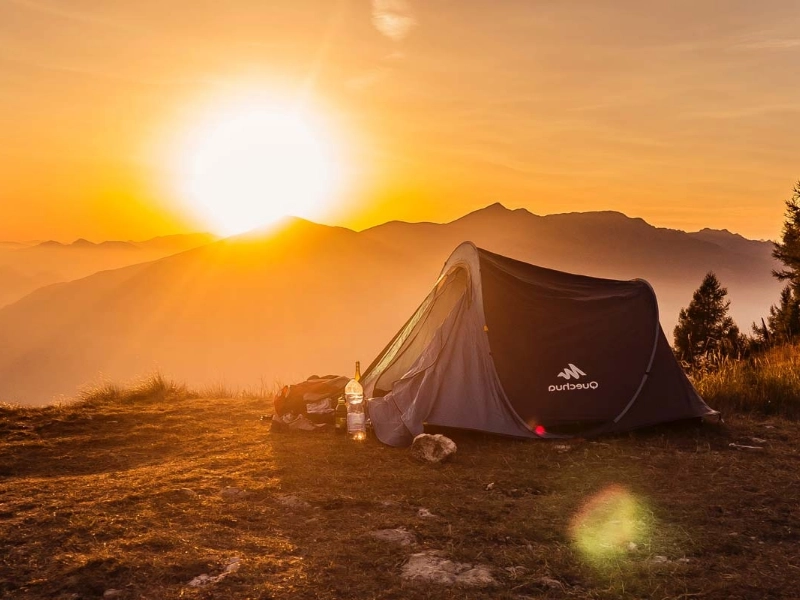
Proper waste disposal is necessary for clean camping, much like with cooking equipment. This is particularly crucial when it comes to food scraps and human waste, as these might draw animals to the campground and endanger them.
When camping, it's advisable to abide by the maxim "pack it in, pack it out." This entails filling garbage bags with all waste, including peels and crumbs. Additionally, it keeps the camp tidy and keeps smells from leaking into the tents or the surrounding forest.
If outhouses are available, consider using them for human waste. If not, take a trowel and, at least 200 feet away from any water sources or campers, dig a cathole that is six to eight inches deep. This shields wildlife from diseases that could be spread by excrement and eliminates the possibility of contaminating the nearby water source.
Transportable Furnishings
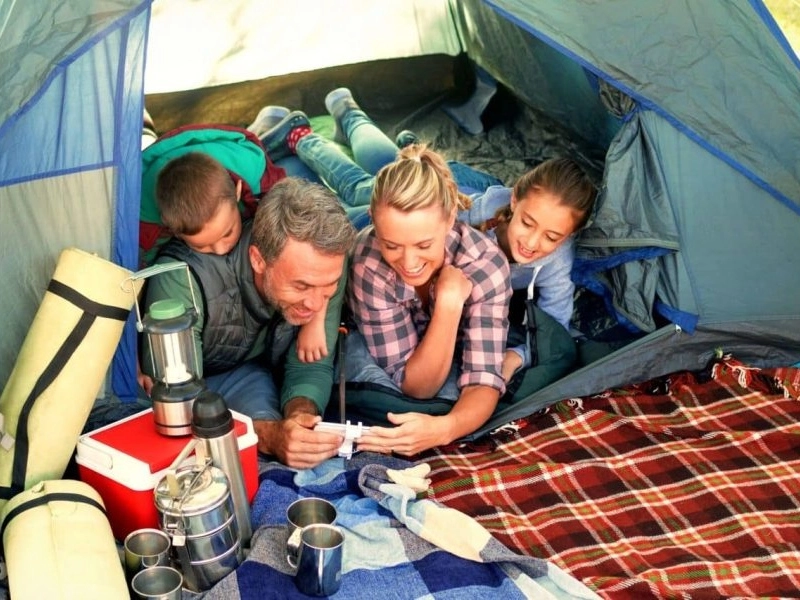
Cleaning up after yourself and your food is just one aspect of being clean; another is maintaining the campsite's order. By packing lightweight furniture, such as folding picnic tables and chairs, you can reduce the need to fell trees or forage for natural surfaces to sit on. Having a portable shower when camping is also essential for keeping oneself clean. To make your own DIY camping shower, poke holes in the lid of a gallon milk jug and use a biodegradable soap pump. Alternatively, you may buy a more portable camping shower that uses gravity, solar energy, hand pumps, or battery power to create pressurised water.
Use cleaning supplies that won't release harsh chemicals or endanger the environment in the surrounding area when tidying up your campsite. We suggest using Simple Green All-Purpose Cleaner to remove dirt and sap from your equipment without compromising the water-repellent properties of tents and other technical textiles.
New Air
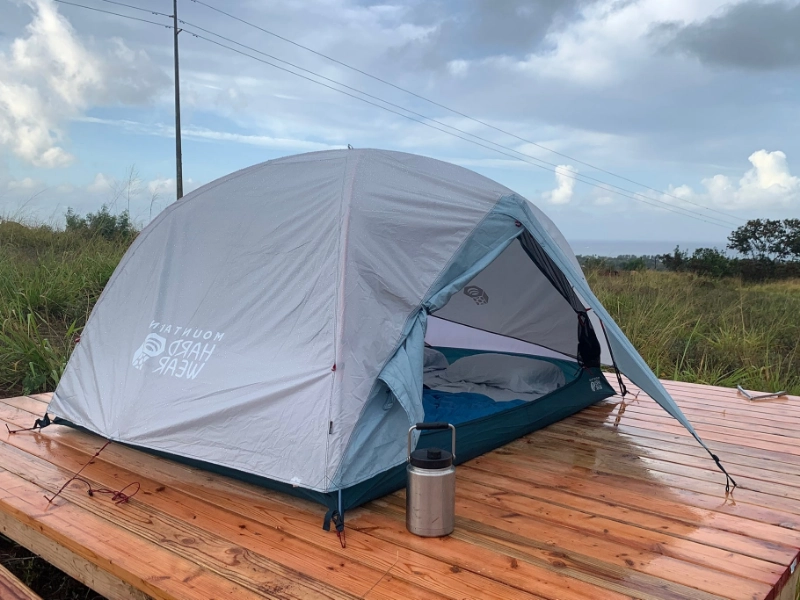
When a campsite is clean, it indicates that no chemicals, waste, or other dangerous materials are being released into the surrounding area. Camping responsibly requires the use of organic, biodegradable soaps and nontoxic cleansers.
When you camp outside, you can enjoy the fresh air and sun exposure that provide a good source of vitamin D. In addition to improving bodily efficiency, breathing in more oxygen releases serotonin, which uplifts your mood and lowers stress levels.
The tent, sleeping bags, clothes, and other equipment will stay clear of dirt and crumbs that could attract bears or insects if you take care to clean up after every meal and before dusk. Additionally, keeping waste out of the campsite and putting it correctly will keep animals and other trespassers out of your camp.
